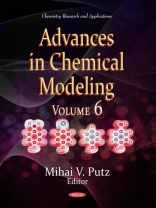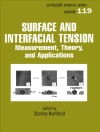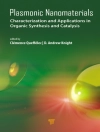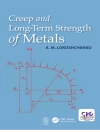In today’s modern economy, and in strategic management more precisely, which is often driven by scientific and technological research-development and innovations, the best position in a market is held by the so called advantage – competitive, sustainable, or perennial! Competitive associates are in the so called "red oceans" where firms, products, and organizations offer and compete for the same customer segment. Perennial advantage associates, in contrast, create "blue oceans" by which new products and markets couple and create "peaceful waves" and a no-competition landscape! But what about sustainability? Sustainability may be regarded as a sub-class of perenniality and might eventually end the disruptive innovation that potentially attracts and converts non-customers to actual customers in a "blue ocean" enterprise! However, sustainability is not necessarily related to durability – that is a measure of time after all; it instead address a strategic development by which a product or service, once created, can be returned to its original components without affecting the environment, whenever it is necessary, by present of future generations! It is therefore a two sided attribute of products, services and processes, with a high degree of "cybernetics" inside, in the sense of inverse-connections, feed-back, and integrated-parts-in-whole construct. In modern chemistry, the so called nano-chemistry, sustainability means: controlling design, controlling synthesis, atomic-and-molecular memory, intelligent materials that are able to reverse their entropy at certain stimulus and triggering points, etc. This is what we may call sustainable nano-chemistry! It is still a large idealization of most chemical processes, yet it is fulfilled by certain parts of chemical research, especially those involved in nano-science and technology with sustainable degrees! Aiming to document this desirable and sustainable future of nano-chemistry, the present volume, while continuing the precedent in the series, contains world class chapters in the allied fields of Structural Physical Chemistry, Structural Modeling Chemistry, Nano-chemistry by Graph Theory, Nano-chemistry by Molecular Topology, QSAR (Quantitative-Structure-Activity Relationships), and Frontier Theories in Physical-Chemistry.
Mihai V Putz
Advances in Chemical Modeling. Volume 6 [PDF ebook]
Advances in Chemical Modeling. Volume 6 [PDF ebook]
Acquista questo ebook e ricevine 1 in più GRATIS!
Formato PDF ● Pagine 684 ● ISBN 9781634850551 ● Editore Mihai V Putz ● Casa editrice Nova Science Publishers ● Pubblicato 2016 ● Scaricabile 3 volte ● Moneta EUR ● ID 7226743 ● Protezione dalla copia Adobe DRM
Richiede un lettore di ebook compatibile con DRM












